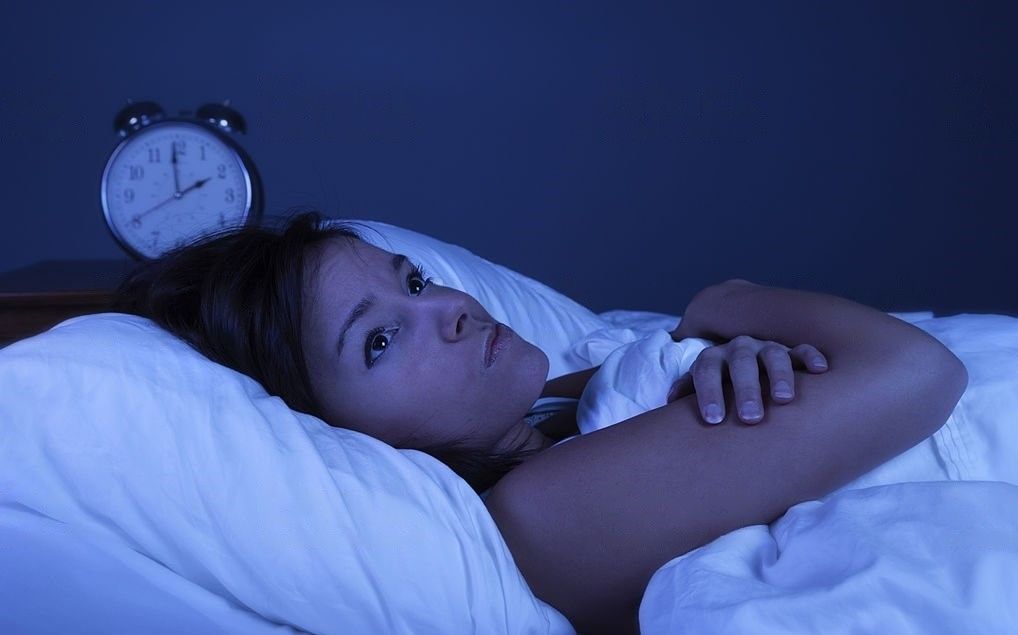Insomnia: Different Types, What Causes It, and How to Find Relief
Sleep disruptions can be attributed to factors such as stress, underlying medical conditions, medication usage, and lifestyle choices.

Have you ever found yourself tossing and turning in bed, unable to fall asleep no matter how tired you are? If so, you're not alone. Insomnia is a common sleep disorder that affects millions of people worldwide. In this blog, we'll delve into the world of insomnia, exploring its different types, the underlying causes, and effective strategies to find relief.
Types of Insomnia
Insomnia isn't a one-size-fits-all condition. It comes in different forms:
- Acute Insomnia: This type is often short-lived and occurs in response to specific stressful events, such as exams, work deadlines, or personal crises. It typically resolves on its own when the triggering situation is resolved.
- Chronic Insomnia: Chronic insomnia persists for at least three nights a week for three months or more. It can be caused by a variety of factors, including underlying medical conditions, medications, or lifestyle choices.
- Onset Insomnia: This occurs when you have trouble falling asleep initially, which may be linked to anxiety or restlessness.
- Maintenance Insomnia: Here, you can fall asleep initially but struggle to stay asleep throughout the night, often waking up several times.
The Causes of Insomnia
1.Stress and Anxiety
One of the most common causes of insomnia is stress and anxiety. When our minds are racing with worries and concerns, it can be challenging to relax and fall asleep. Scientifically, high levels of stress hormones like cortisol can disrupt the sleep cycle.
2. Medical Conditions
Certain medical conditions, such as chronic pain, asthma, and gastrointestinal disorders, can make it difficult to sleep. These conditions often lead to discomfort that keeps individuals awake at night.
3. Medications
Some medications, including certain antidepressants, antihypertensives, and corticosteroids, can have side effects that interfere with sleep. It's important to discuss potential sleep disruptions with your healthcare provider if you're on medication.
4. Lifestyle Factors
Unhealthy lifestyle choices, such as excessive caffeine or alcohol intake, irregular sleep schedules, and a lack of physical activity, can contribute to insomnia. These habits can disrupt the body's natural sleep-wake cycle.
Finding Relief from Insomnia
1.Sleep Hygiene
Improving your sleep hygiene can significantly impact your ability to sleep well. This includes establishing a regular sleep schedule, creating a comfortable sleep environment, and avoiding stimulating activities before bedtime.
2. Cognitive-Behavioral Therapy (CBT)
CBT is a structured therapy approach that has been found to be highly effective in treating insomnia. It helps individuals identify and change the negative thought patterns and behaviors that contribute to sleep problems.
3. Medication
In some cases, healthcare providers may prescribe medications to help manage insomnia. These medications should be used under professional guidance and as a short-term solution.
4. Relaxation Techniques
Practicing relaxation techniques such as deep breathing, meditation, or progressive muscle relaxation can calm the mind and body, making it easier to fall asleep.
SUMMARY
Insomnia is a widespread sleep disorder with various forms and causes. Stress, medical conditions, medications, and lifestyle choices can all play a role in disrupting our sleep patterns. To find relief, it's crucial to address the underlying causes and implement effective strategies like improving sleep hygiene, considering cognitive-behavioral therapy, and, if necessary, discussing medication options with a healthcare provider. Remember, finding the right approach may take time and patience, but with the right guidance, you can achieve restful and restorative sleep.
Jayti Shah is a Clinical Nutritionist with a master's degree in Clinical Nutrition and Dietetics. She is a member of the Indian Dietetic Association (IDA). Over the last 9 years, she has helped 400 clients in their clinical and weight loss journeys. She works with SocialBoat as a nutrition consultant.
At SocialBoat, we offer custom diet plans and guided workouts to help you achieve your goals in a 360-degree approach. Our gamified experience ensures that you don’t find workouts boring and we reward you for being consistent with your efforts.

REFERENCES
- American Academy of Sleep Medicine. (2014). The International Classification of Sleep Disorders (3rd ed.). Darien, IL: American Academy of Sleep Medicine.
- Morin, C. M., Bootzin, R. R., Buysse, D. J., Edinger, J. D., Espie, C. A., & Lichstein, K. L. (2006). Psychological and behavioral treatment of insomnia: Update of the recent evidence (1998-2004). Sleep, 29(11), 1398-1414.
- National Sleep Foundation. (n.d.). Insomnia. Retrieved from https://www.sleepfoundation.org/insomnia
